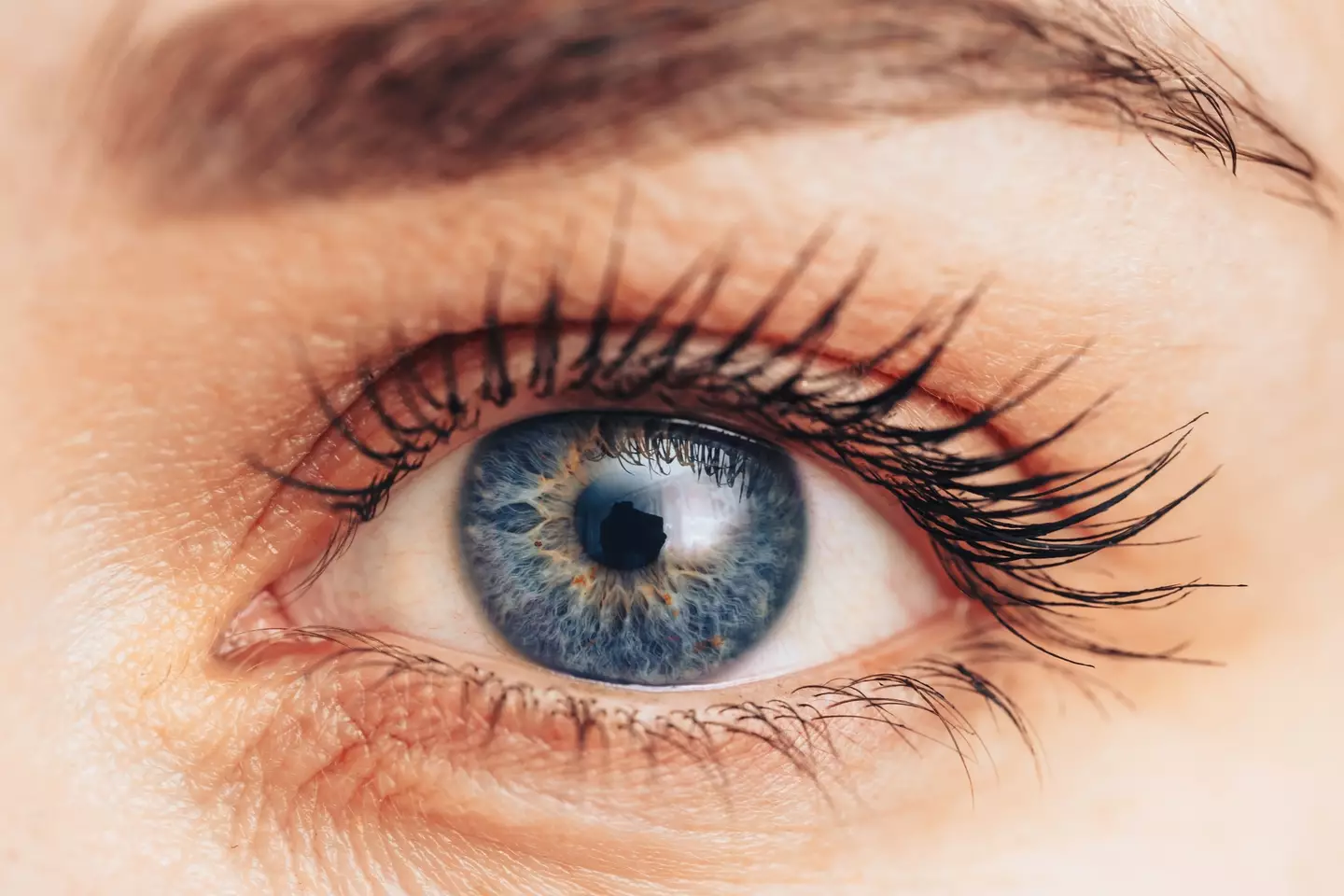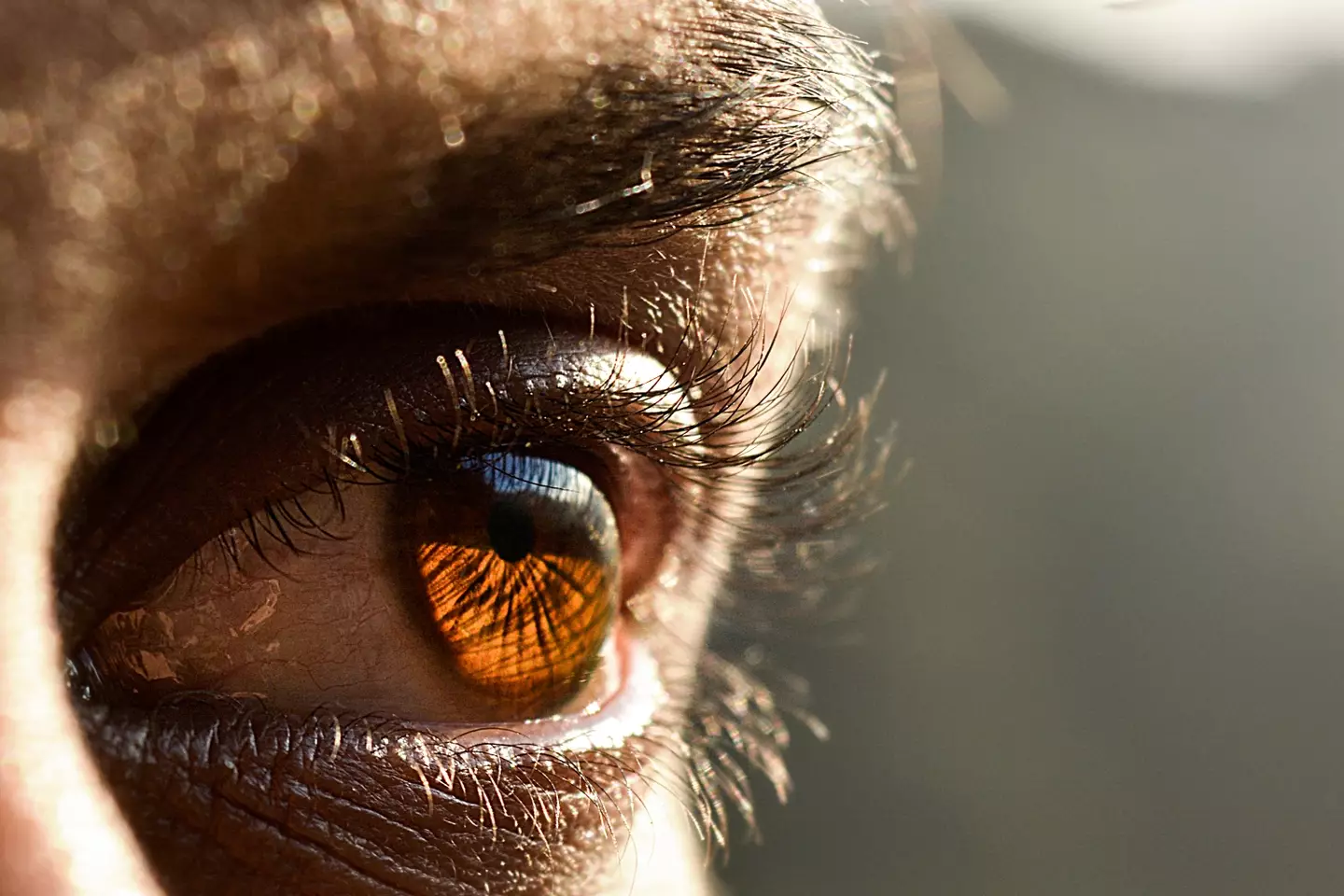
People who suffer from ‘floaties’ in their vision have been advised to see a doctor as soon as possible if they wake up one morning with a horde more - and here’s why.
According to the Royal National Institute for Blind People (RNIB), more than one million people are living with a long-term, irreversible eye health condition in the UK.
These include age‑related macular degeneration, glaucoma, and diabetic eye disease, as per the agency.
More worryingly, is that every day, 250 people start to lose their sight; the equivalent of one person every six minutes.
Advert
So, if you’ve never really looked after your eyes before, then it’s never been a better time to begin.
You can get on track by introducing regular eye examinations into your health routine, eating a balanced diet and taking supplements that are dedicated to supporting vision.

By just starting to take an interest, you’ll be well on your way to achieving a healthier set of peepers in no time.
In a bid to get people talking about their eyes, one doctor took to Reddit last year to dispel myths and address concerns, including delving into what it means when you have ‘floaties’ in your vision.
Their explanation was promoted by one social media user who wrote: “What causes eye floaties (those dark floating specs in your vision)? I was told not to be concerned, but not what causes them.”
“They are annoying,” they continued. “But should I be concerned?”
In response, the health expert typed: “Eye floaters are common, they are basically wads of connective tissue floating around the vitreous (jelly part of the eye that gives it the structure and shape).
“If they are longstanding it is fine. If you wake up one morning with new ones and start seeing flashing lights you should see an eye doc ASAP!”
What exactly are eye floaters?
According to experts at the Cleveland Clinic, eye floaters happen when your vitreous humour (fluid) changes thickness.
“As you age, the protein fibres that make up the vitreous shrink into little shreds that clump together,” wrote a Web MD specialist. “The shadows they cast on your retina are floaters.”
They can become particularly noticeable when you look at bright things, such as blank surfaces, white paper and clear, blue skies.

While seeing squiggles or rings in your vision may seem scary, it’s actually really common, especially in older people, according to the NHS.
These peculiar shapes may also appear to some as black or grey dots, while others have previously complained of seeing wavy lines or cobwebs.
You may also experience flashes if you are nearsighted or have had cataract surgery in the past, WebMD stated.
Should you be worried about eye floaters?
If you’ve had these floaters or flashes for a long time and they are not affecting your vision, then practitioners consider the phenomenon relatively harmless.
However, if you’re suffering from floaters or flashers for the first time or if the number of them dramatically increases, then you should contact a medical expert to seek advice.
Moreover, it's advised that you ring NHS 111 for an emergency appointment if you also have blurred vision and eye pain.
How to get rid of eye floaters naturally

Eye floaters can be extremely annoying, but there are a number of ways to get rid of them, according to experts.
Firstly, try to shift the fluid around your eyes by looking up and down, then side to side.
Another method is to take specific supplements for eye health - these all support cellular repair and can act as antioxidants to protect against oxidative damage.
Smokers with eye floaters should also try and kick the habit, according to medics.
It’s understood that smoking less could have a positive impact on the number of eye floaters affecting your vision.
